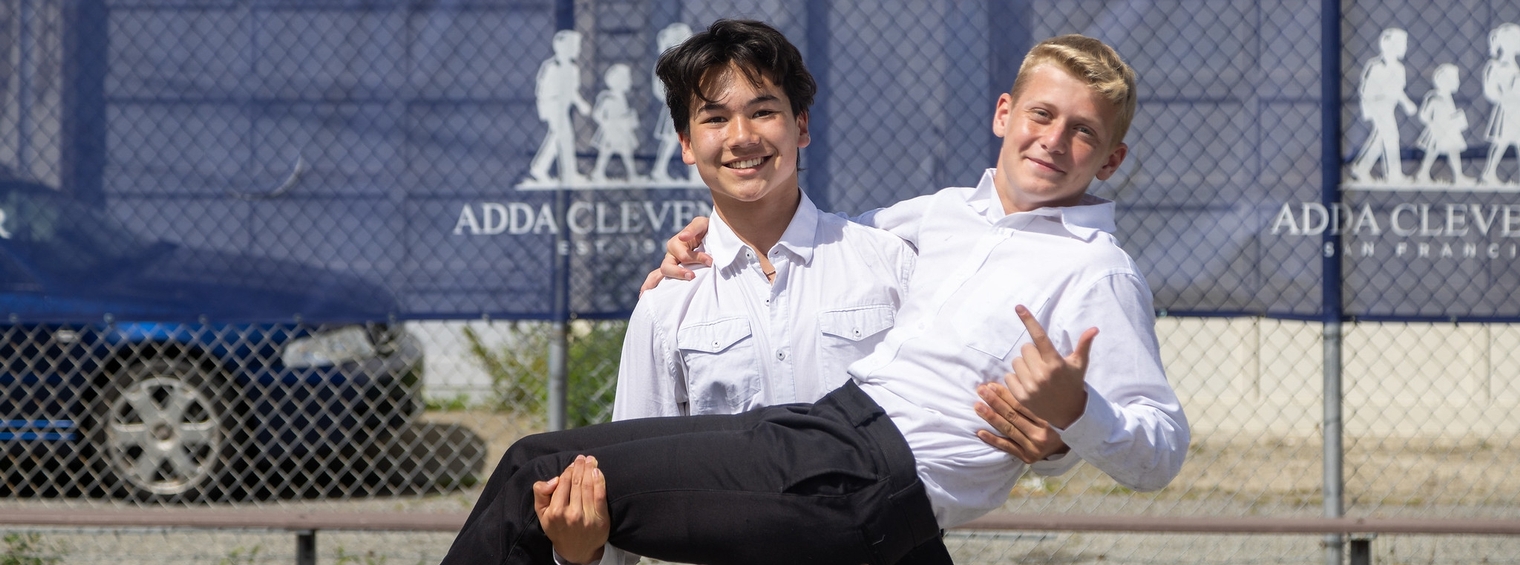

ACS provides a holistic and extensive character-building education in elementary school age children that nurtures a strong sense of identity, purpose and perspective.
Grades TK - 2
Each child learns how to communicate effectively and treat others with respect and dignity within a supportive, collaborative classroom environment. The civility program promotes the development of value-based judgment and personal responsibility within differing, and sometimes challenging, scenarios and environments. Students gain a stable and healthy self-esteem, which allows them to develop a strong, positive sense of self. Students learn how to act responsibly, how to be sensitive to the feelings of others, and live with others in a peaceful, non-judgmental and tolerant way. Students learn to recognize, evaluate and solve problems collaboratively and develop their own skills necessary for successful conflict resolution. During this developmental stage, children are vigorous and full of energy. They are beginning to have organized, continuous memories and are learning to read and write. Scholastic.com and research from Stanford University reports that memory games help children with impulse control by enhancing memory, which allows the brain’s frontal cortex to focus more on impulse control. Throughout the year we will focus on building skills that enhance self-control and memory.
Grades 3 - 8
ACS Civility addresses the age specific skills students need to empower themselves and to successfully navigate the social world of family, school, and community. Student interpersonal skills are a key component in the development of young people, who are articulate, team players, responsible and goal oriented. In order for all students to achieve to their potential, families, schools and the community must remove both academic and non-academic barriers to learning for optimal success. Each child learn how to communicate effectively and treat others with respect and dignity within a supportive, collaborative classroom environment. The civility program promotes the development of value-based judgment and personal responsibility within differing, and sometimes challenging, scenarios and environments. Students gain a stable and healthy self-esteem, which allow them to develop a strong, positive sense of self. Students learn how to act responsibly, how to be sensitive to the feelings of others, and live with others in a peaceful, non-judgmental and tolerant way. Civility students learn about other cultures, appreciate others’ social values and celebrate their own cultural background. The students are encouraged to explore their ideas around civility as it relates to their own experiences and perspectives. Students learn to recognize, evaluate and solve problems collaboratively and develop their own skills necessary for successful conflict resolution.
